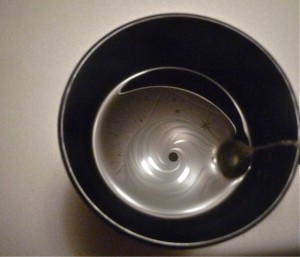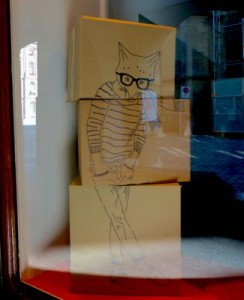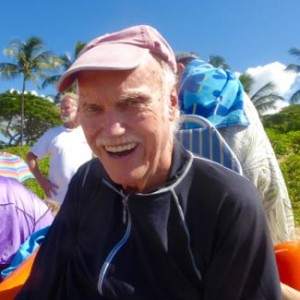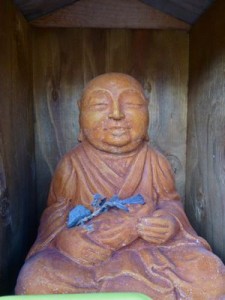You Do Not Deserve God’s Love ;)

We have it backwards: “You don’t get love by being good, you get good by being love.” ~TD
Issues about whether or not we deserve love are relics from childhood. Divine Love is not earned. Some might call it a birthright. I agree—but with prejudice. “Birthright” language evokes entitlement, which is often toxic. It also presupposes that we are separate from Source. Having the right to something brings  up the sense of not having it, and having to demand it.
up the sense of not having it, and having to demand it.
But where would we demand Love from? This again smacks of childhood wounding.
From an energy perspective, to invite higher Love we need to resonate with it. To resonate with Divine Love we become it. This means finding, sensing and feeling the quality of such Love inside—and amplifying it. Doing this is an act of creation. This does not mean it relies on fantasy. Fantasy is a sidetrack. The path is to locate the resonance of Love inside by learning to focus and call it forth from within. Then we blow on that like an ember. This takes spiritual work. Anything that stands in the way must be embraced—but not allowed to stand as a distraction.
When we have something, we can give it away. If we do not have it, it is not ours. Having Love means receiving it first. When we seek that in other people we are bound to be disappointed, as we probably were in childhood.
We do need to generate love for ourselves—but we need to catch the perfume or resonance of it somewhere in order to really grasp just what it is we are seeking. Finding Source can be very abstract. Most of us need one or more human role models to get a sense of how to ‘run’ that Love in our bodies.
The role model we choose is less important than learning to bring forth Love. Since I am writing this on Christmas eve, I would be remiss not to say that Christ could be one such model. Owing to various conceptions and experiences, that name aggravates some people, and many have belief systems that cause them to recoil from religion.
A current of Love and truth underlie and run through religions, but codes of belief do not in themselves produce the miracle called Love. Whether or not we are attracted to one or more religions, we take great benefit in identifying someone, somewhere, some time, who represents to us the possibility of being a human who is capable of experiencing and expressing the vibration of Divine Love. The word “God” can be too abstract, and also laden with freight. “Source” is abstract as well.
From where do we receive the impressions that stimulate in us true inspiration?
This is a wonderful question to ponder in this inward time of year, when we long to bring forth true joy, blessing and generosity.
Ideal Love will be a little bit different for different individuals, depending exactly which vibration of the rainbow of all love is key for that mind, heart, and soul to take the next step toward becoming it oneself. The being, saint, prophet, person, spiritual teacher, or element that inspires us may even change as we develop. It is important to learn to identify and allow our hearts to be impressed (like soft clay) by real Love when we see it, and to own as our privilege in being human, our right to enjoy and express that Love.
Having God’s love (change the g-word if it bugs you) means having it flow through us to others and into the world. It is not something we earn and then receive like an award for being a self or being good. It is something we cultivate and practice over many years or even lifetimes. Seeking to GET it enhances ego issues about deserving. We get more of it by giving. I am not talking about over-giving, driven by old wounds, I am talking about expressing from your heart.
No matter what is going on with us it is okay to allow Divine Love to come though us. If this depends on mood or being in a particular way, we will withhold it. When we let Love touch us despite our shortcomings it will help us to move beyond them, gently over time. Even if we do not move beyond them, our lives will have meaning and value because we have been vehicles for Love. There are no prerequisites. Concentration, attention and intention invite it. Noticing and making room for it when it comes helps sustain it. These are aids. There are no prerequisites.
Please feel free to comment.
I send you love in this traditional time of calling forth Light.






















